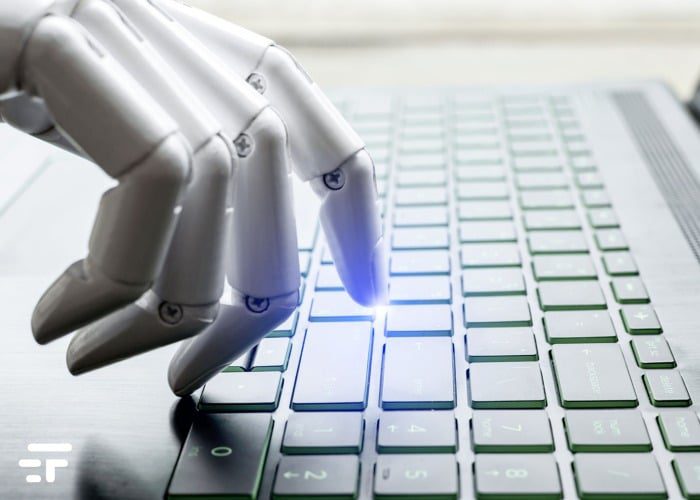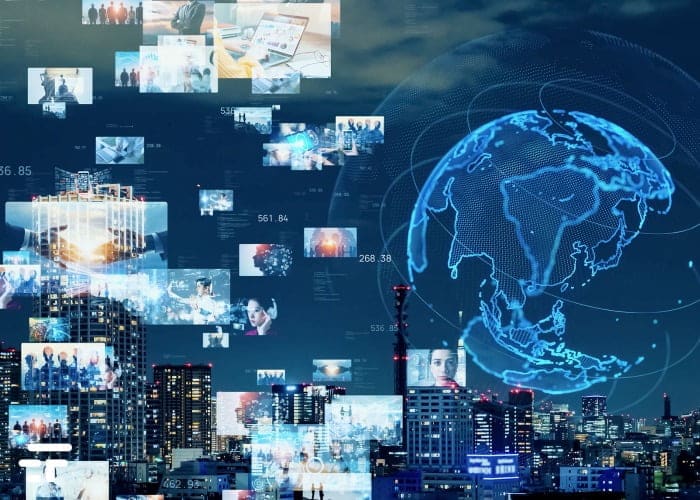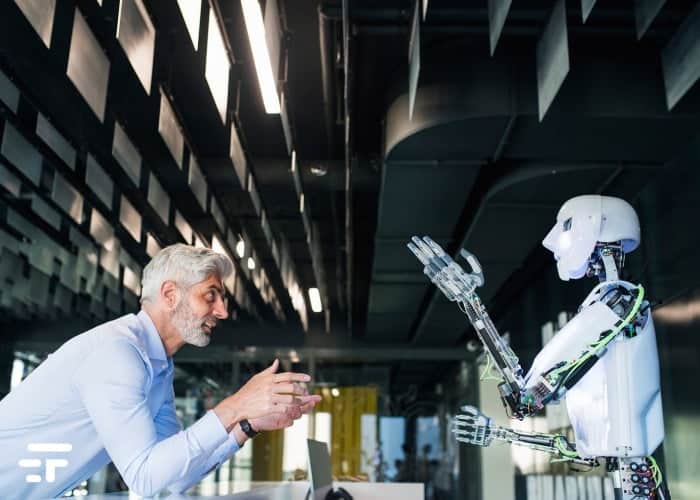On closer inspection, journalism has always been a technology-driven industry. From the invention of the pen to the digital recorder, passing through the teleprinter, everything has been a flourishing of tools that have enhanced the talent of professionals, helping them to get anywhere and immediately on the news.
And now where does it go, where does journalism go in the age of artificial intelligence?
It will surprise you (perhaps) to know that AI has already influenced the sector: today it already represents about 10-12% of its overall function. Here, from the most "hands-on" to the most extreme, 5 areas of "invasion" that will make journalism increasingly fueled by this technology.
Articles written by a machine

AI can assist human journalists with more complex tasks. It speeds up the writing of long-form essays, in-depth analyzes and investigative reports. AI-written articles are currently limited to basic and conventional topics such as stock market results, sports match results, and so on. We'll see later.
Transcript of audio and video interviews

AI can save journalism time by transcribing audio and video interviews. Turn audio data into text so journalists can focus on extracting insights rather than transcribing.
Warning notices

AI can examine even huge databases, sending alerts to journalists as soon as a trend or anomaly emerges from the big data. It can provide content producers and publishers with tools to identify fake news and reduce its impact on readers. Tech-savvy investigation, in short.
Enhancement of journalism

Artificial intelligence technologies can help journalism procedures and workflows, improving it. They can help organizations streamline their otherwise too fragmented information collection, source contact, and back-end activities (such as relationships with advertisers).
See how many useful tools? Don't be afraid that AI will steal a journalist's job. No, I was joking, you can also be afraid. Just a little'.
Robotic journalism

Not just the manufacturing, healthcare and marketing industries: robots (naturally powered by artificial intelligence) will also take their place in editorial offices. Don't you believe it? Chinese state news agency Xinhua News Agency has gone a step further by implementing both AI 'avatars' to read news and robots like Jia Jia, an anchorwoman who conducts and also does interviews.


